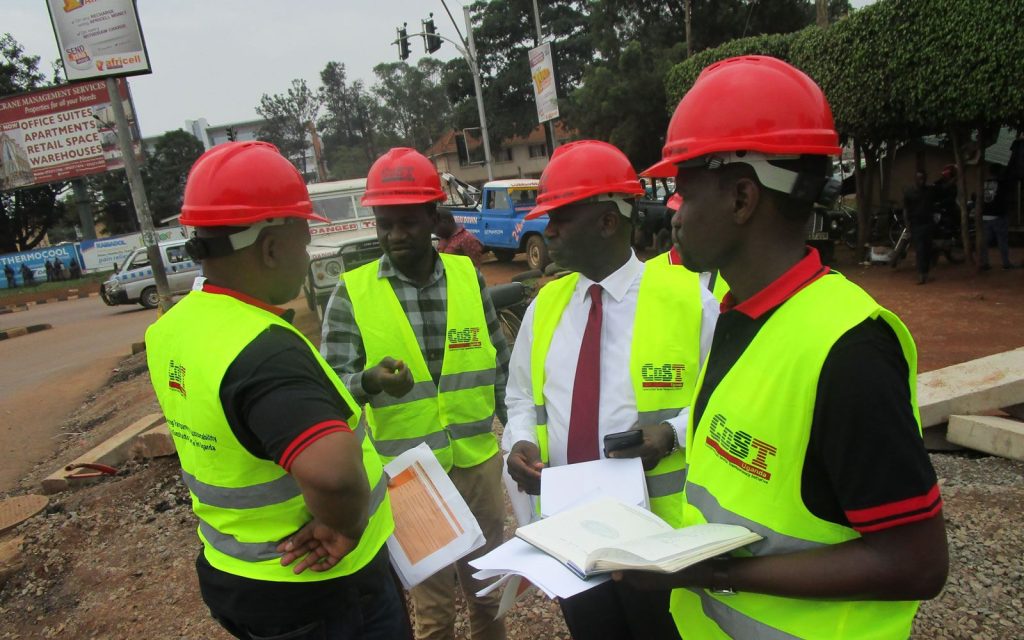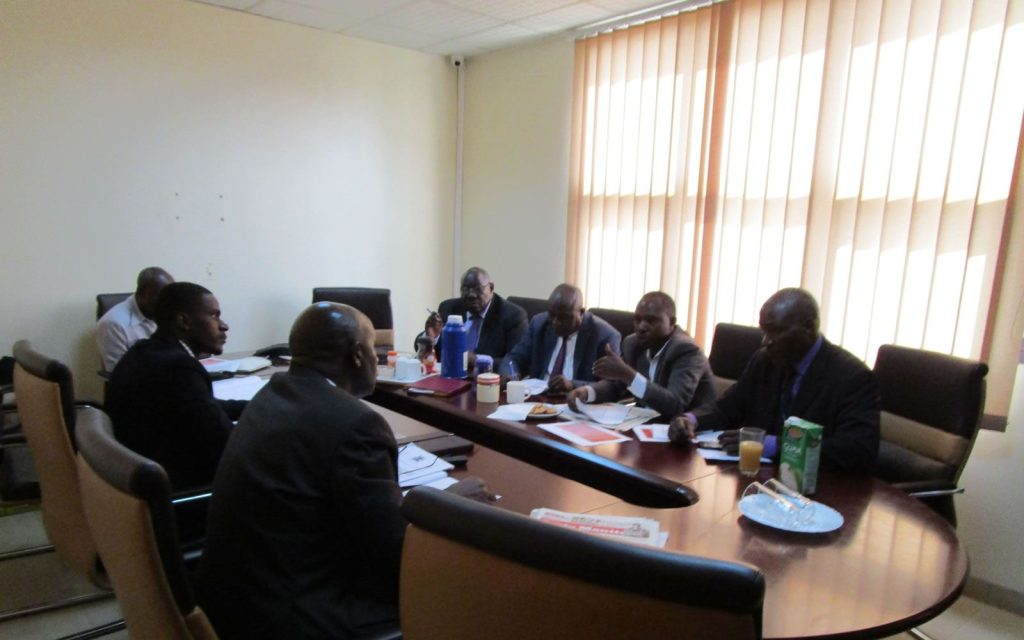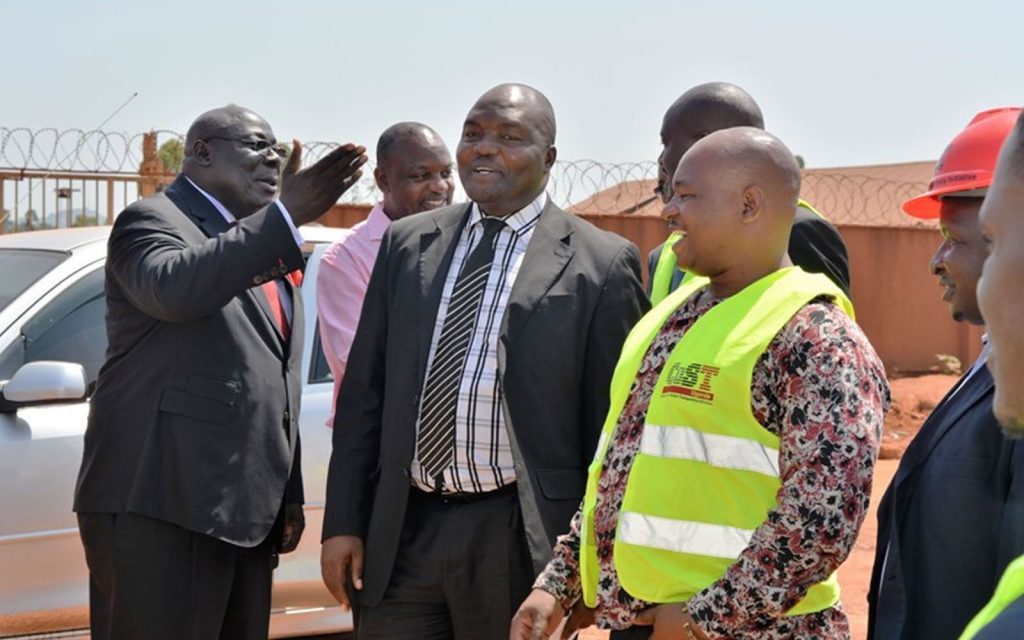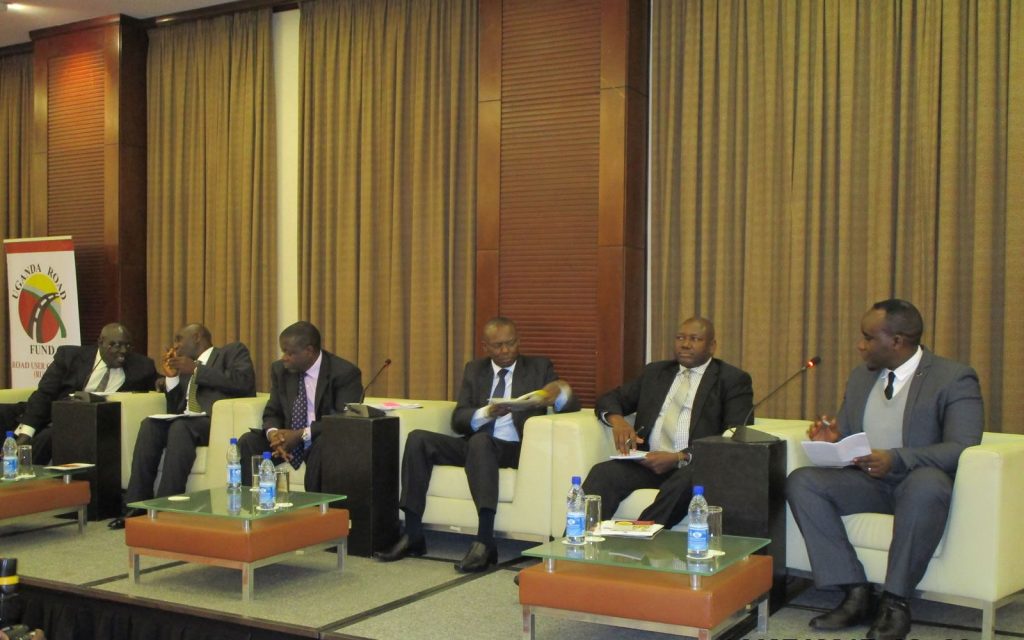Disclosure
CoST increases transparency by disclosing data on public infrastructure projects. Forty data points are disclosed at key stages throughout a project cycle, as set out in the CoST Infrastructure Data Standard (IDS). Ultimately, a national programme establishes a disclosure process for public infrastructure that is viable, sustainable, and appropriate to local conditions and that can achieve a credible and substantial level of compliance. For further information on disclosure, see Guidance note 6: designing a disclosure process.


Assurance
CoST promotes accountability through an independent review of the disclosed data. Through this assurance process, CoST validates technical data, interprets it into plain language, and identifies issues of concern. This helps stakeholders to understand the main issues and acts as a basis for holding decision-makers accountable. For further information on assurance, see Guidance Note 7: Designing an Assurance Process.
Multi-stakeholder Working
In each country, CoST is directed by a Multi-Stakeholder Group (MSG) that comprises representatives of government, the private sector and civil society. By providing a neutral forum, CoST helps these key stakeholders pursue shared objectives to improve the value, efficiency and effectiveness of investment in public infrastructure. For further information on multi-stakeholder working, see Guidance Note 4: Establishing a Multi-Stakeholder Group and National Secretariat.


Social accountability
Social accountability stakeholders such as the media and civil society play an important role in holding decision-makers to account. CoST works with these stakeholders to promote the findings from its assurance process so that they can then put key issues into the public domain. In this way, civil society, the media, and citizens can all be aware of issues and hold decision-makers to account. For further information, see here.
